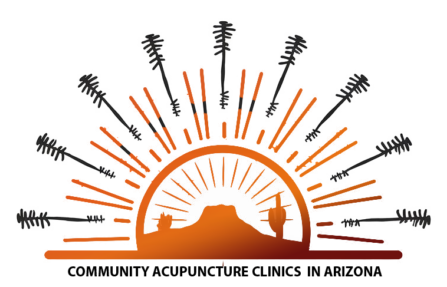awpa@tempeacupunctureclinic.com
Community Acupuncture Clinics Offering Acu-Detox and NADA Treatments in Arizona for Addiction and Trauma Support
Introduction to Acu-Detox and NADA Treatments Acu-Detox, short for Acupuncture Detoxification, is an innovative treatment method designed to aid individuals dealing with addiction, drug and alcohol dependency, and trauma. This…
Healing Through Community: Acu-Detox and NADA Treatments in Arizona’s Acupuncture Clinics
Understanding Acu-Detox and NADA Treatments Acu-Detox, short for Acupuncture Detoxification, and NADA treatments, facilitated by the National Acupuncture Detoxification Association, are specialized methodologies utilizing auricular (ear) acupuncture to support individuals…
Understanding Community Acupuncture Clinics Offering Acu-Detox and NADA Treatments in Arizona
Introduction to Acu-Detox and NADA Treatments Acu-detox, or acupuncture detoxification, is a specialized form of treatment that employs ear acupuncture to assist individuals in managing withdrawal symptoms, reducing cravings, and…
Healing Together: Community Acupuncture Clinics Offering Acu-Detox and NADA Treatments in Arizona
Understanding Acu-Detox and NADA: A Path to Recovery Acu-Detox and NADA (National Acupuncture Detoxification Association) treatments offer a profound pathway to recovery, grounded in ancient practices and modern methodologies. Acu-Detox,…
Exploring Community Acupuncture Clinics Offering Acu-Detox and NADA Treatments in Arizona for Addiction and Trauma Support
Understanding Acu-Detox and NADA Treatments Acu-Detox is an acupuncture-based therapy that has gained recognition for its efficacy in addiction recovery and trauma support. Originating from traditional Chinese medicine, Acu-Detox focuses…
Healing Through Community: Acu-Detox and NADA Treatments in Arizona for Addiction and Trauma Support
Understanding Acu-Detox and NADA Treatments Acu-Detox and NADA (National Acupuncture Detoxification Association) treatments are specialized forms of acupuncture designed to support individuals in their journey through addiction recovery and trauma…

